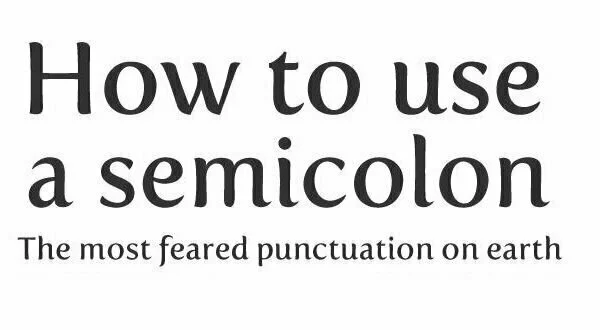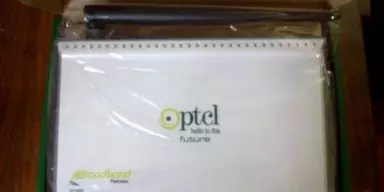Using punctuation marks while writing simply to complex sentence is really a challenging work that needs considerable attention. Among a lot of punctuation marks, the semicolon is the most difficult to deal with. It is simply a period atop a comma that just like commas, indicate an audible pause but longer than a comma is and short of a period’s full stop.
The semicolon is used to describe many functions. Most of the time it is often confused with the colon. In this article, we will guide you through the step by step guide how to place semicolon properly and make the difference between colon and semicolon.
Here are the rules that you need to remember for the proper usage of semicolons.
Rule 1a. A semicolon can replace a period if the writer wishes to narrow the gap between two closely linked sentences.
Examples:
Call me tomorrow; you can give me an answer then.
We have paid our dues; we expect all the privileges listed in the contract.
Rule 1b. Avoid a semicolon when a dependent clause comes before an independent clause.
Incorrect: Although they tried; they failed.
Correct: Although they tried, they failed.
Rule 2. Use a semicolon before such words and terms as namely, however, therefore, that is, i.e., for example, e.g., for instance, etc., when they introduce a complete sentence. It is also preferable to use a comma after these words and terms.
Example: Bring any two items; however, sleeping bags and tents are in short supply.
Rule 3. Use a semicolon to separate units of a series when one or more of the units contain commas.
Incorrect: The conference has people who have come from Moscow, Idaho, Springfield, California, Alamo, Tennessee, and other places as well.
Note that with only commas, that sentence is hopeless.
Correct: The conference has people who have come from Moscow, Idaho; Springfield, California; Alamo, Tennessee; and other places as well. (Note the final semicolon, rather than a comma, after Tennessee.)
Rule 4. A semicolon may be used between independent clauses joined by a connector, such as and, but, or, nor, etc., when one or more commas appear in the first clause.
Example: When I finish here, and I will soon, I’ll be glad to help you; and that is a promise I will keep.
Rule 5. Do not capitalize ordinary words after a semicolon.
Incorrect: I am here; You are over there.
Correct: I am here; you are over there.
We also have an interesting video that will help you in a better understanding of the concept behind this.















